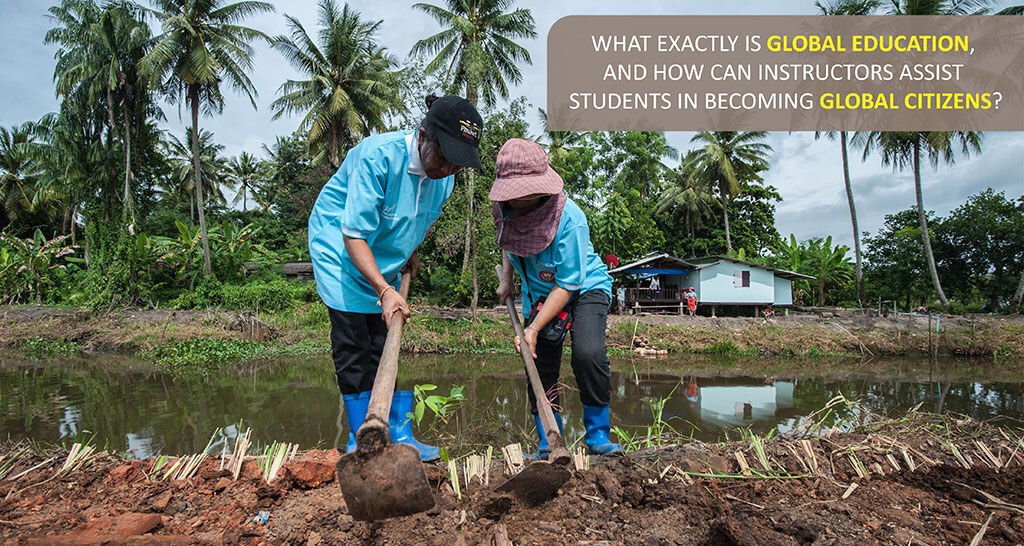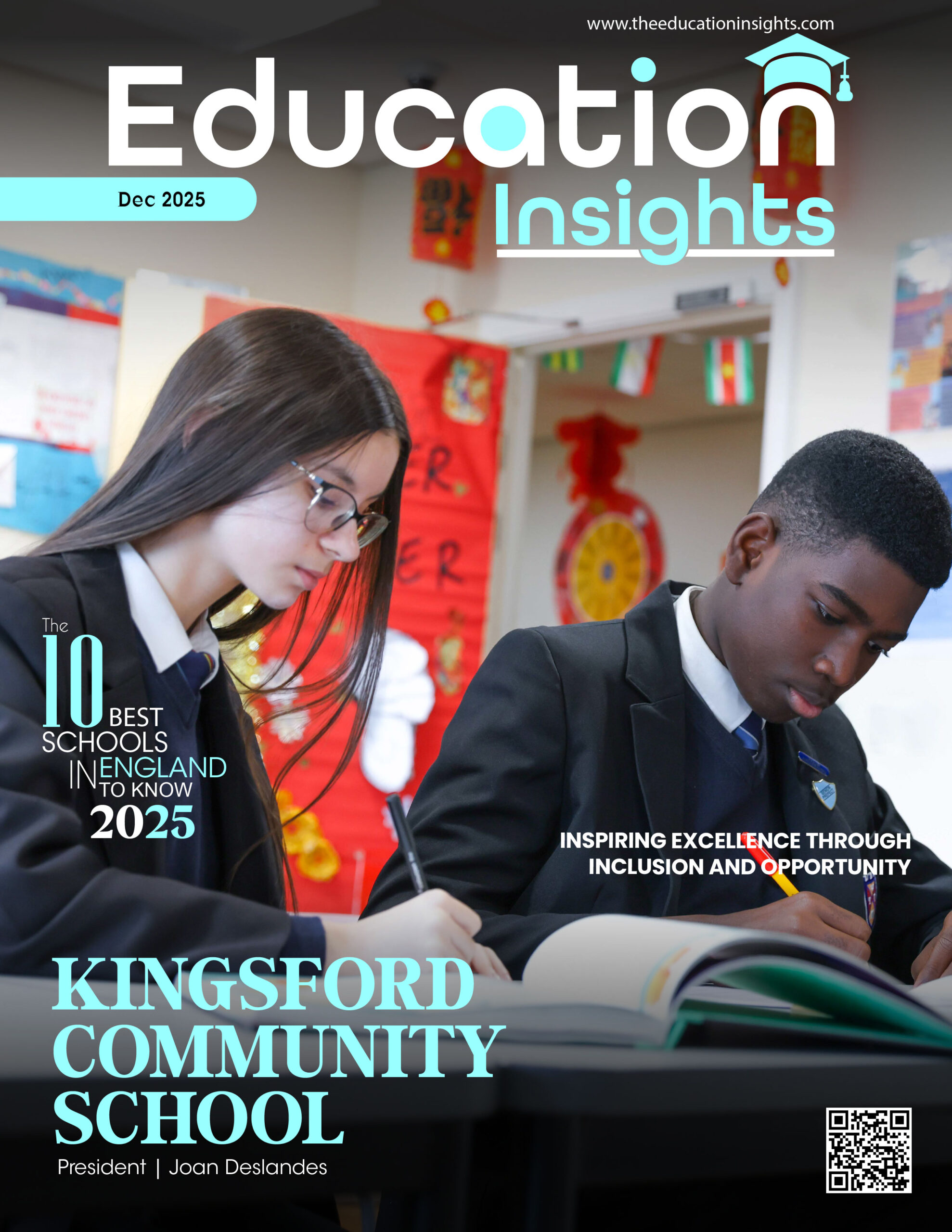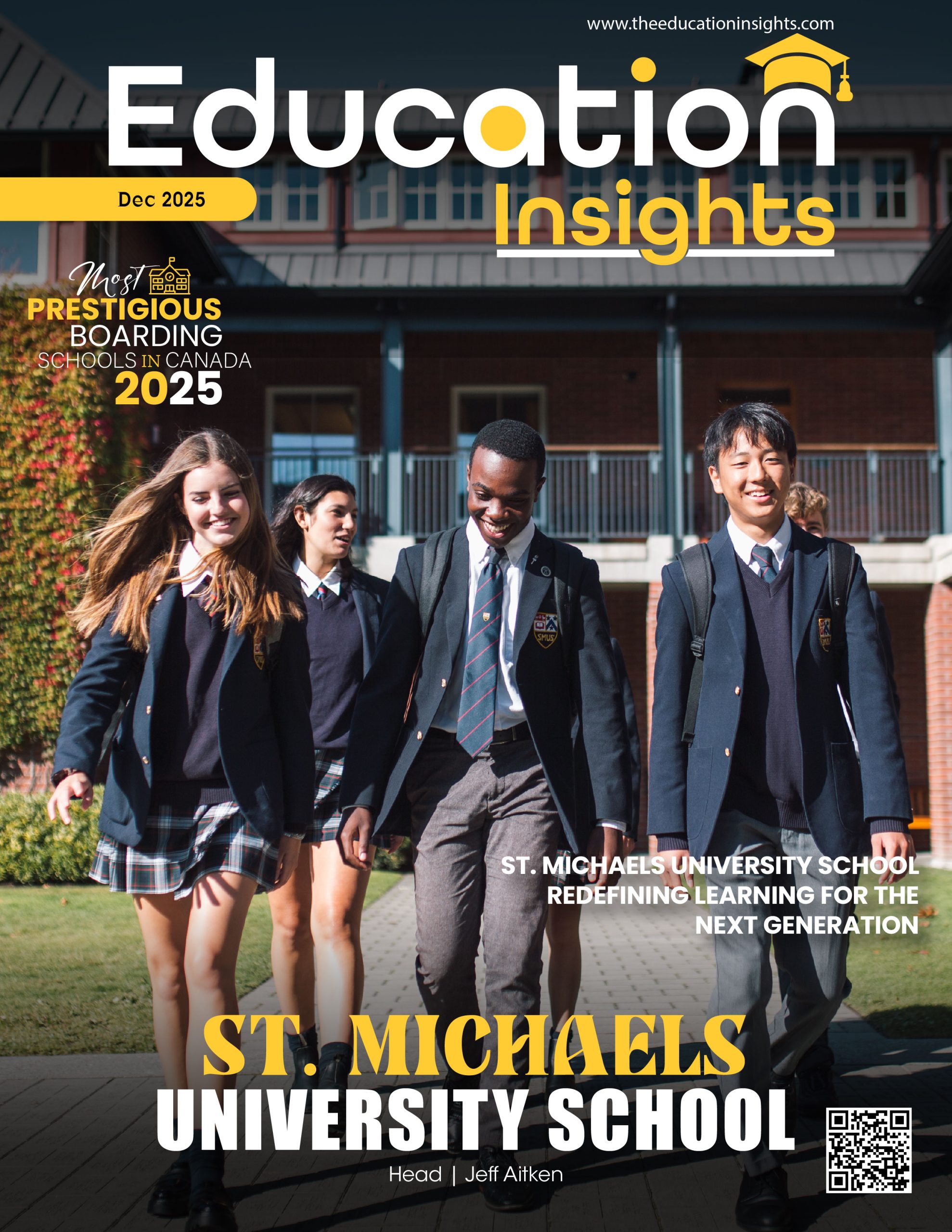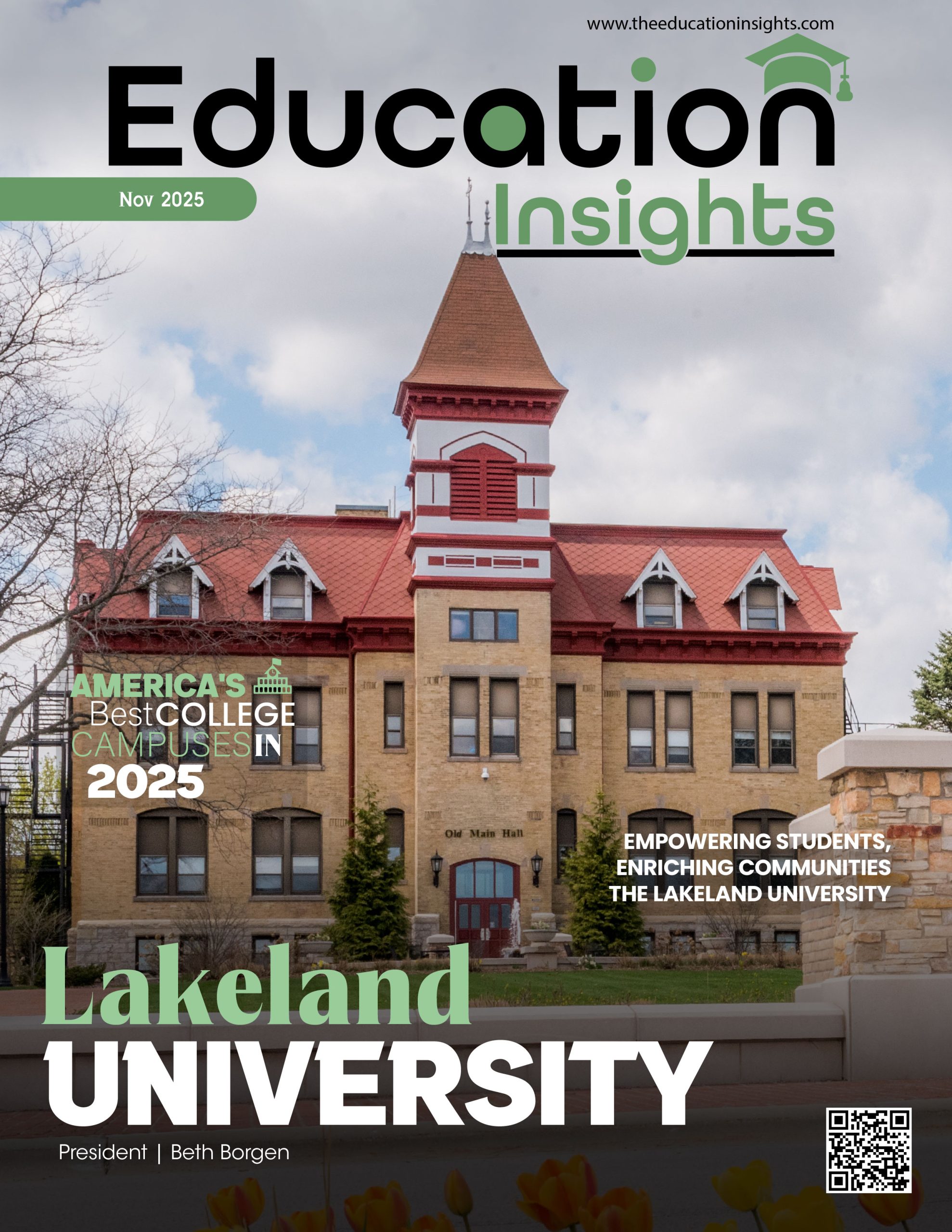Education is a never-ending process of shaping and directing human beings. It is the root cause of any change that occurs in the Social, Cultural, Spiritual, Political, and Economic aspects of human beings.
What exactly is ‘Global Education?’
Global education is a developmental process that seeks to improve culture, society, economy, environment, and all other aspects of human life by understanding global dynamics. It aims to recognise an individual’s knowledge and overall behaviour to become more responsible to society and the world.
The most important subjects to cover while teaching global citizenship
Equality and social justice
The struggle for social justice and equality is an important issue all across the world. Bringing this subject into the classroom allows discussion of these problems and encourages students to express their concerns about unfair conditions. It may also spark debate on the need for people to be treated equally regardless of ethnicity, gender, religion, sexuality, handicap, or other personal preferences or lifestyle choices.
Individuality and variety
Our capacity to understand and tolerate various cultures, ethnicities, faiths, and beliefs is becoming more crucial as we grow more linked. Teaching your students about identity and diversity raises their knowledge of how people cope with variety throughout the globe. It may also inspire kids to explore their identity by asking, “Who am I?”
Conflict and peace
This may be a complex topic to teach in the classroom, but treating it constructively by educating students about conflict and encouraging them to analyse various world conflicts can show them that battles can occasionally be ended amicably.
Human rights
Teaching human rights at a young age encourages your students to advocate for a world free of discrimination, inequality, and prejudice. In this topic, students are introduced to the fundamental laws and concepts that comprise human rights, which promote individual and collective rights and freedoms. The goal is to educate students about their rights and the rights of others worldwide.
Governance and power
Teaching your students about power and governance in the classroom will introduce them to the fundamentals of political thought, power structures, authority, and the ingredients for good governance. Exploring these topics through a global lens allows them to better understand how different groups and nations approach to power and control and the role that citizen participation plays in a democracy.
Long-term growth
One of the most pressing issues of our time is climate change. Now is the moment to band together to save our world, and encouraging your students to take action and insist that others do the same is critical. This topic aims to inspire pupils to strive toward a more sustainable future.
Why is global education so important?
- Global education helps people understand the connections between their lives and the world.
- Global education broadens understanding of economic, cultural, political, and environmental influences.
- Global education fosters self-awareness of one’s own identity, culture, beliefs, and how to connect with the larger world.
- Global education promotes social awareness, including empathy, perspective-taking, appreciation for diversity, and respect for others.
- Global education effectively develops relationship-building skills with diverse individuals and groups.
- Global education empowers young people to shape a better, more shared future for the entire world.
- Global education emphasises the unity and interdependence of human society.
- Global education promotes positive values and helps students accept responsibility for their actions and see themselves as global citizens.
How do teachers help students become global citizens?
- Teachers, indeed, are the backbone of society. They serve as role models for children, provide guidance and dedication, and provide young people with the power of education.
- Teachers can shape future leaders in the best way for society to build positive and inspired future generations and thus design community on a local and global scale.
- Teachers have an impact on children, inspiring them to achieve their goals.
Conclusion
Students in the 21st century need to have a foundation in global education since the globe is becoming more interconnected daily. Students in this century no longer compete inside their own country; education that encompasses a global perspective is increasingly becoming a requirement of the educational system. It paves the way for people to connect with the rest of the globe. It broadens our awareness of the factors that determine our lives, including economics, culture, politics, and the environment. Students who get a global education are better equipped to cultivate the abilities, attitudes, and values that allow individuals to collaborate to effect change and assume responsibility for their own life. The goal of education on a global scale is to bring about a more fair and sustainable society in which there is a more equitable distribution of power and resources. A learner-centred and culturally sensitive approach to teaching and learning is at the heart of global education, which views schools, communities, and the whole globe as potential learning environments.










